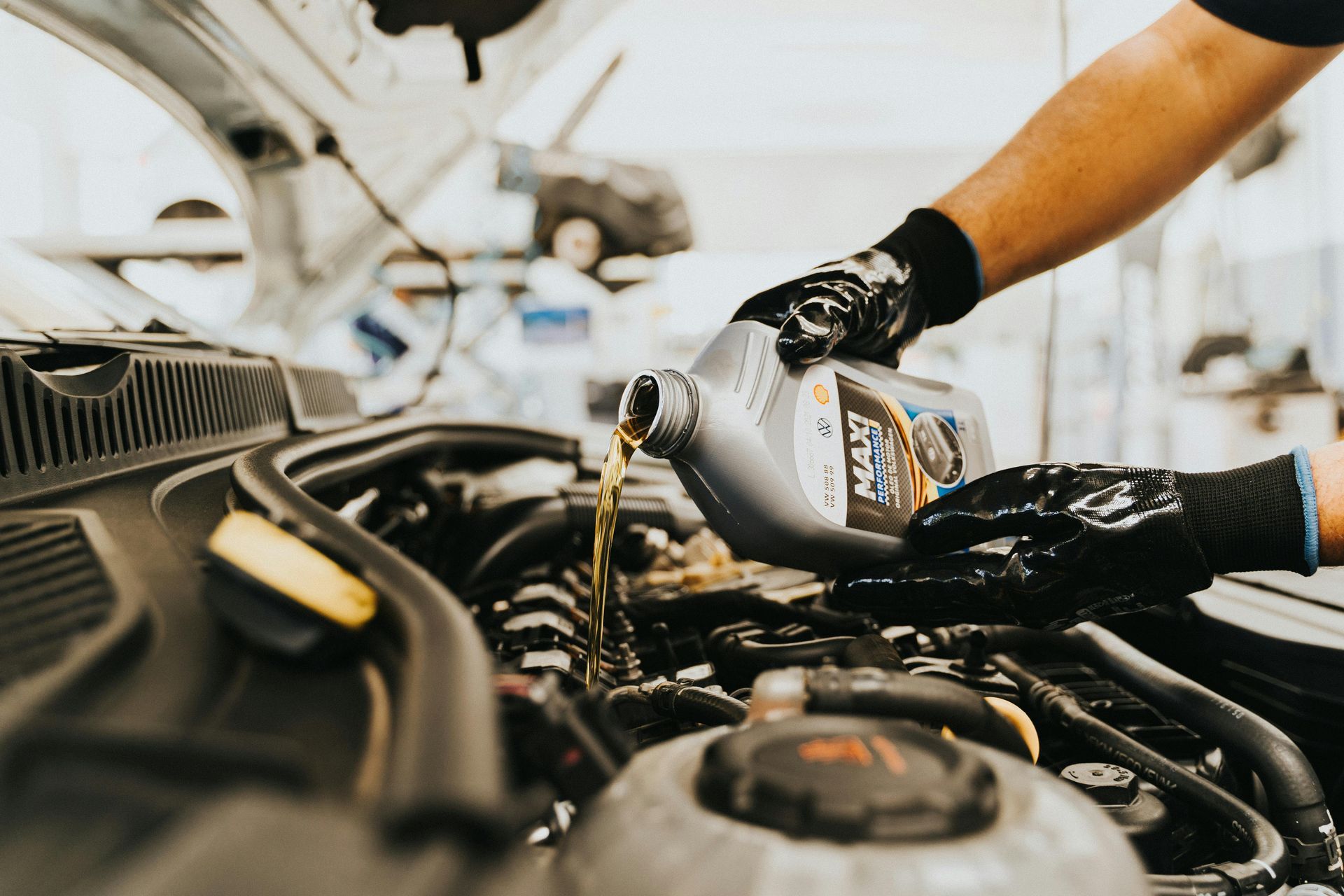Seasonal Fluid Check-Ups: Preparing Your Car for Kent Winters or Summers
At Premier Automotive Services in Kent, WA, we know how unpredictable the weather can be, especially as the seasons change. Whether it's the biting cold of winter or the intense heat of summer, your car's performance heavily depends on the condition of its fluids. Regular fluid check-ups are essential to ensure your vehicle is ready for the demands of each season. In this post, we’ll dive into the importance of seasonal fluid maintenance and offer practical advice on how to keep your car in peak condition, no matter what Mother Nature throws your way.
Why Seasonal Fluid Maintenance Matters
Fluids are the lifeblood of your vehicle. From engine oil to coolant, these vital fluids keep everything running smoothly. As the seasons change, temperatures can drastically affect fluid viscosity, performance, and the overall health of your vehicle’s engine. At Premier Automotive Services, we recommend scheduling fluid check-ups at least twice a year, ideally before winter and summer.
Here’s why each season demands special attention:
- Winter: Cold temperatures can cause engine oil to thicken, making it harder for the engine to start and operate efficiently. Antifreeze, or coolant, also needs to be at optimal levels to prevent your engine from freezing or overheating.
- Summer: High temperatures can cause fluids to evaporate or break down faster, leading to potential engine damage, poor air conditioning performance, and other mechanical issues.
Key Fluids to Check Before Winter and Summer
1. Engine Oil
- Winter: In colder months, engine oil can thicken, reducing its ability to flow through the engine and lubricate moving parts. At Premier Automotive Services, we recommend switching to a winter-grade oil that maintains its viscosity even in freezing temperatures.
- Summer: Heat can cause oil to degrade faster, which may lead to overheating. Regular oil changes ensure your engine stays properly lubricated, regardless of the season.
2. Coolant/Antifreeze
- Coolant, also known as antifreeze, regulates your engine’s temperature. During both winter and summer, it’s crucial to maintain the right balance of antifreeze and water to prevent the engine from freezing or overheating. At Premier Automotive Services in Kent, WA, we offer coolant flushes and refills to keep your engine at the optimal temperature all year round.
3. Transmission Fluid
- Transmission fluid helps your car shift gears smoothly, but extreme temperatures can cause it to break down or leak. We recommend having your transmission fluid checked before both summer and winter to avoid issues with shifting and overheating.
4. Brake Fluid
- Brake fluid is especially important to check as the seasons change. Cold temperatures can affect the fluid's performance, leading to less responsive brakes in the winter. Heat can also cause brake fluid to absorb moisture, reducing its effectiveness. At Premier Automotive Services, we can test and replace your brake fluid to ensure safe driving in any season.
5. Windshield Washer Fluid
- Winter brings icy roads and dirty slush, while summer often means dust and pollen buildup on your windshield. Having the right washer fluid for the season ensures your windshield stays clean and your visibility remains clear. Consider adding antifreeze washer fluid in winter to prevent it from freezing.
6. Power Steering Fluid
- Power steering fluid can thicken in the cold, making it harder to steer your vehicle. In the heat of summer, this fluid can degrade faster, leading to leaks or poor steering response. Regular fluid check-ups at Premier Automotive Services will keep your steering smooth and reliable year-round.
Benefits of Seasonal Fluid Check-Ups
Staying on top of seasonal fluid maintenance brings numerous benefits, including:
- Improved Performance: Fresh, properly maintained fluids help your car run more efficiently, saving you on fuel costs and preventing wear and tear.
- Enhanced Safety: Brake fluid, coolant, and power steering fluid all play critical roles in vehicle safety. Regular check-ups ensure these systems function correctly, keeping you safe on the road.
- Preventative Care: Addressing potential fluid issues before extreme weather hits can prevent costly repairs down the road. A fluid check-up is a small investment that can save you from a major breakdown.
Why Choose Premier Automotive Services for Fluid Maintenance?
At Premier Automotive Services, we believe in providing top-notch service to every customer in Kent, WA. Our expert technicians are ASE-certified and have years of experience maintaining vehicles through all types of weather. When you bring your car in for a seasonal fluid check-up, you can expect:
- Thorough Inspection: We’ll carefully inspect each fluid, ensuring it's at the right level and quality for the season ahead.
- Expert Recommendations: If we notice any issues, such as worn-out fluid or signs of a leak, we’ll provide you with a detailed recommendation on how to address the problem.
- Quality Products: We only use high-quality fluids and parts to ensure your vehicle remains reliable and performs at its best.
- Local Knowledge: As a Kent-based business, we understand the unique demands of driving in Washington's varying climate conditions. We’ll make sure your car is ready for whatever the season has in store.
How to Schedule Your Fluid Check-Up
Scheduling your fluid check-up is easy. You can visit our website or give us a call to book an appointment that fits your schedule. We recommend doing this before the peak of summer or winter to ensure your vehicle is prepared for extreme weather. And, if you're unsure when your last fluid check-up was, don’t worry—our team can help you determine when you're due for service.
Conclusion
Seasonal fluid check-ups are a crucial part of maintaining your vehicle’s health and longevity. By staying on top of fluid maintenance, you're ensuring that your car runs smoothly through Kent’s cold winters and hot summers. At Premier Automotive Services in Kent, WA, we're here to help you every step of the way. Contact us today to schedule your next fluid check-up and keep your car in top condition year-round.








